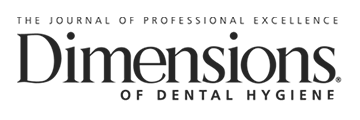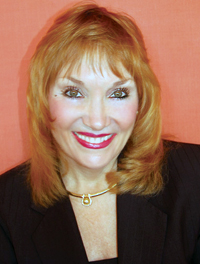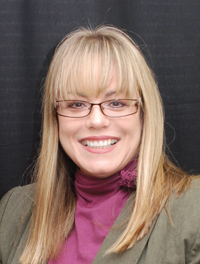
Kelly Reich, RDH, BS, has been practicing clinical dental hygiene since 1982, working in general and periodontal practices in Idaho Falls and Boise, Idaho. Her high-quality, compassionate, and empowering care has generated a cadre of loyal patients. While she has spent time teaching at Idaho State University and developing community programs for underserved populations, Reich has never stopped working in clinical practice. She also currently serves as the dental hygiene director of the Western Regional Examining Board where she is responsible for test development and administration of three licensure examinations: dental hygiene, local anesthesia, and restorative.
What are some key factors in your ability to develop such loyal relationships with your patients?
Doing what is best for the patient has always been my philosophy. Clinical dental hygiene is repetitive, and it is easy to become complacent doing the same tasks every hour of each day. I try to approach patients as if I am seeing them for the first time and asking myself what I can do to help improve their oral health.
When I began my career more than 30 years ago, the practice of dental hygiene was considerably different from today’s standards of care. The patient care I provided was evidence-based, but the complexity and treatment of periodontal disease were different. I performed fewer procedures in my early career, but that did not mean I provided less care.
Throughout my profession, I have also learned that developing a level of trust with patients is key to patient compliance and acceptance of dental hygiene treatment. If patients do not believe I am concerned about their oral health needs, they are less likely to accept treatment and more likely to question the rationale. Establishing a professional relationship takes time. It sometimes occurs in one appointment or it may take several appointments. Above all, my goal is to establish good communication to help patients understand their role and responsibility in maintaining their oral health and understanding the reasons why I propose specific, individualized dental hygiene treatment to meet their needs.
Informing patients what is scheduled during their appointment provides me an opportunity to discuss their care and transition into the scheduled procedures. My patients like to know I am performing an intra- and extraoral cancer screening, taking their blood pressure, or completing a full mouth assessment. With a limited amount of time at each appointment, I have learned to prioritize my treatment, yet engage patients in the process.
Working in the same office for more than 20 years, I have been able to observe the improvement in my patients’ oral health. We have shared the successes and setbacks associated with periodontal disease but, whatever the outcome, I try to convey to patients that we are more successful together in maintaining their oral health.
I enjoy that I have become more skilled and knowledgeable in the field of dental hygiene and that I am able to pass this knowledge onto my patients. They appreciate learning and are grateful that I share my ideas and thoughts with them.




